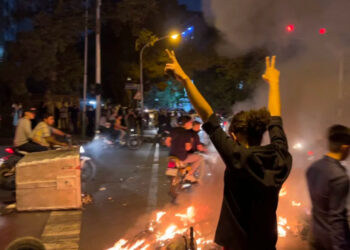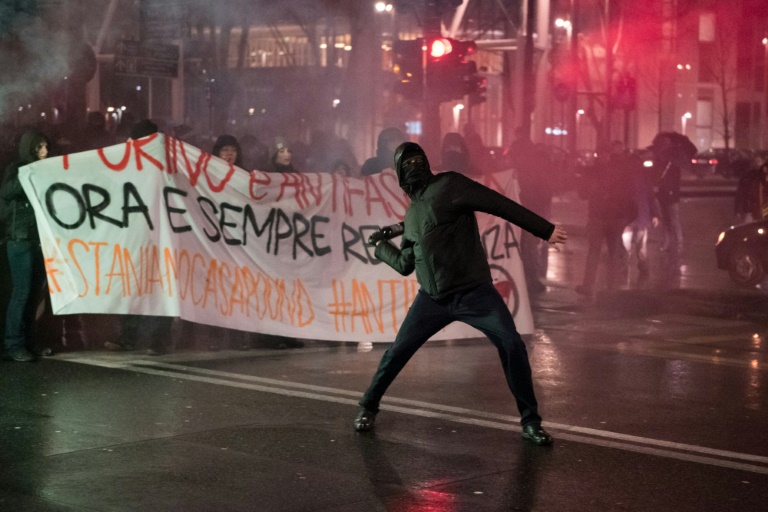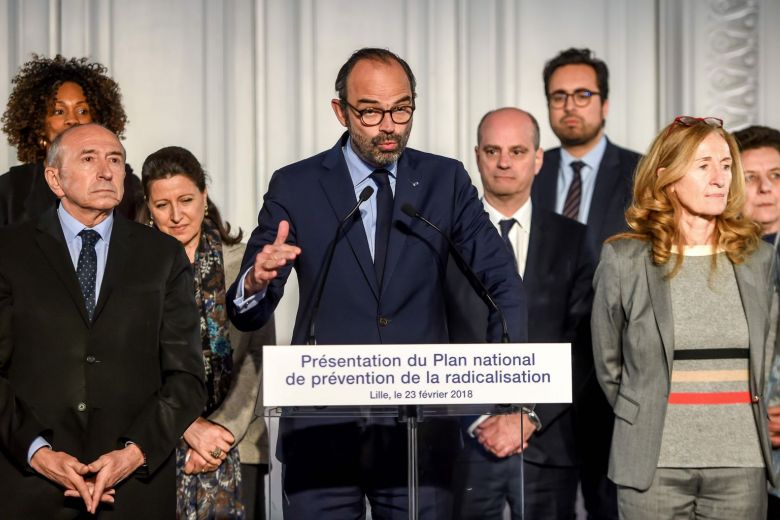The reform of the Iranian judicial system may be the key to improving the situation with human rights in the country, which has been criticized by international human right groups and Iranians alike.
Asma Jahangir, a prominent Pakistani human rights defender and the Special Rapporteur on the human rights situation in Iran, who passed away on February 11, 2018, said that “Without reforming the judicial system, improving the human rights situation in Iran will be impossible.”
“For improving its human rights record, the government of Iran has no option other than reforming the judicial system and, in the meantime, guarantee its independence,” Ms. Jahangir stated in an interview before her last presentation at the U.N.
This month marks the 38th anniversary of Iran’s Revolutionary Courts. On February 14, 1979, only three days after the Islamic Revolution’s victory in Iran, the country’s leader Ayatollah Ruhollah Khomeini established provisional tribunals to purge the country’s institutions of those deemed to be enemies of the movement and its ideals.
The first sessions of what later became the country’s Revolutionary Courts involved swift, cursory trials for vaguely defined crimes, carrying capital sentences.
On February 15, five former generals were prosecuted, sentenced and executed by firing squads — all on the same day. Civil officials, including Farrokhrou Parsa, Iran’s Minister for Education under the Shah and the first ever Iranian female cabinet member, were prosecuted for “spreading corruption on earth” and “waging war against God” and executed immediately too.
Hundreds of individuals suspected of holding views antithetical to principles of the Revolution were denied legal counsel, tried behind closed doors and subjected to same day executions by firing squads or hanging in the proceeding months and years; rendering the provisional courts permanent fixtures for adjudicating matters of law and administrating justice for the next 38 years. This includes national security cases, such as those involving allegations of espionage, those involving political or civil activism, and drug-related offenses.
The Revolutionary Courts have been criticized for their lack of transparency. Their judges are notorious for abusing their legal authority: they routinely deny attorneys access to individuals that are subjected to extensive interrogations under severe conditions.
In 2014, former U.N. Special Rapporteur on the situation of human rights in Iran Ahmed Shaheed interviewed 133 people who faced trial in the country for a report focused on Iran’s juridical system. Forty-five percent of those interviewed said they were not permitted to present information in their defense; in 43 percent of cases, trials lasted only minutes, and 70 percent of interviewees noted that coerced information or confessions had been reportedly used by the judge or at least part of the evidence presented by the prosecution was made up.
Some 65 percent of interviewed reported that the judge displayed signs of bias, such as by reproaching or interrogating defendants and limiting their ability to speak and present a defense.
The Revolutionary Courts are responsible for the vast majority of executions in Iran. Based on reports by Iran Human Rights (IHR), more than 3,400 people have been executed under the orders of the Revolutionary Courts in the last eight years, accounting for more than 60 percent of executions carried out in the country, the majority of which are for noncapital drug-related offenses.
The Revolutionary Courts have also been a primary vehicle for repressing Iranian civil society. Prominent human rights defenders Narges Mohammadi and Atena Daemi are serving long prison terms for their peaceful activism urging to attain fundamental human rights.
Iranian officials are quick to point out that the government has taken several steps toward addressing these criticisms. They may highlight the Criminal Procedure Code adopted by the country’s Parliament in 2015, which attempted to strengthen due process rights, including the right to legal counsel. They may highlight the Charter on Citizen’s Rights promoted by Iran’s Executive Branch, which reaffirms the rights to assemble or participate in demonstrations. They might even draw attention to a new amendment to the country’s anti-drug law, also adopted by the Parliament in 2017, to reduce the number of executions for drug offenses carried out in the country annually.
However, the lack of transparency of Iran’s Revolutionary courts and unpredictable nature of judges, who capriciously apply law and procedure, offer a very little guarantee that these efforts will actually lead to stronger protections for civil or political rights or a reduction in the country’s staggering number of executions. So long as the Revolutionary Courts are responsible for violating rather than enforcing the rule of law, all other efforts to improve it are moot.
Several prominent Iranian lawyers and jurists have questioned the constitutionality of Iran’s Revolutionary Courts and called for their dissolution. If Iranians hope to generate strong institutions that reflect their ideals, such a step must be seriously examined and accompanied by activities that work to implement positive changes promoted by various amendments to Iran’s legal framework.






















